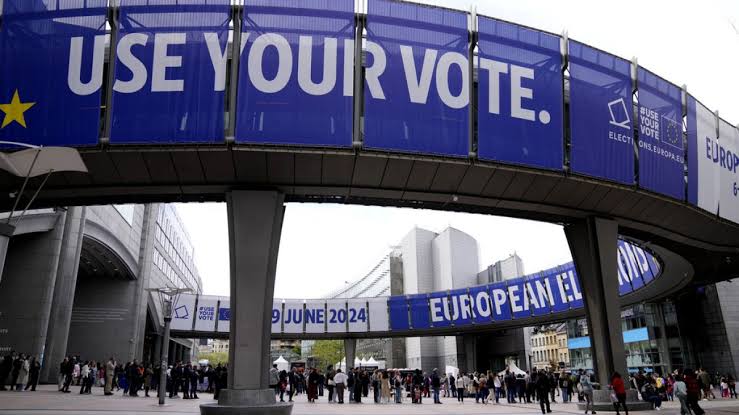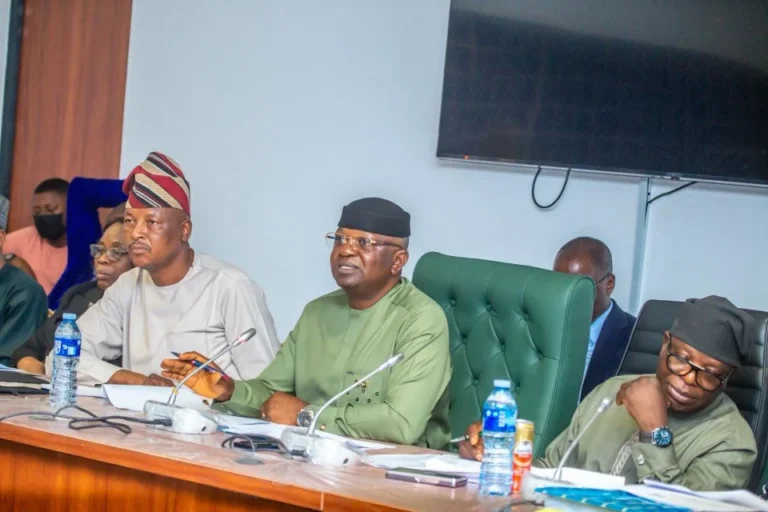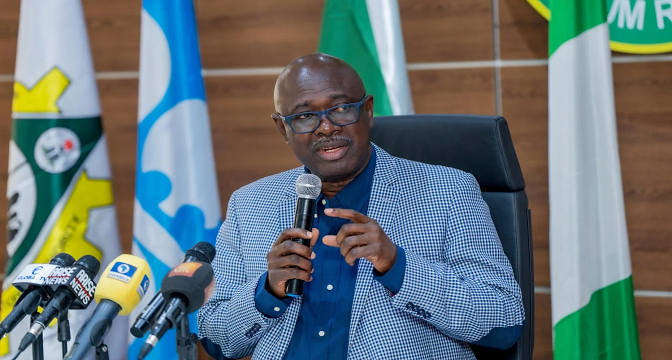
On Friday, the European Parliament announced that it has prohibited Huawei representatives from accessing its facilities, following a series of arrests made by police in connection with an investigation into alleged corruption involving the Chinese technology company.
As per the EU transparency register, Huawei has nine accredited representatives authorized to enter the Parliament’s buildings in Brussels and Strasbourg.
On Thursday, law enforcement conducted 21 coordinated operations across Belgium and Portugal, resulting in the detention of several individuals for questioning regarding their “alleged involvement in active corruption within the European Parliament, as well as forgery and the use of forged documents.”
The European Parliament has stated that it is fully cooperating with Belgian authorities in this matter.
In response, Huawei expressed that it takes the allegations “seriously” and intends to “urgently engage with the investigation to gain a clearer understanding of the situation.”
The company emphasized its commitment to a zero-tolerance policy regarding corruption and other misconduct, affirming its dedication to adhering to all relevant laws and regulations at all times.
Belgian prosecutors indicated that the alleged corruption spans from 2021 to the present and has manifested in “various forms.”
These forms included “compensation for political positions or lavish gifts such as food, travel expenses, and frequent invitations to football matches,” aimed at advancing “purely private commercial interests” in political decision-making.
The purported kickbacks were disguised as conference expenses and funneled through various intermediaries, with authorities also investigating potential money laundering activities.
Central to the alleged corruption is a former parliamentary assistant who previously served as Huawei’s EU public affairs director, according to Belgian media reports.
In recent years, Huawei has faced increased scrutiny from the EU.
In 2023, Brussels classified the company as a higher risk compared to other 5G suppliers and urged EU member states to exclude its equipment from their networks.
Huawei is currently at the forefront of a significant technological conflict between Beijing and Washington, with US officials expressing concerns that its devices may be utilized for espionage on behalf of the Chinese government—claims that Huawei refutes.
See more: French finance minister calls Trump’s trade war ‘idiotic’, plans US trip
Since 2019, US sanctions have severed Huawei’s access to global technology supply chains and American-made components, which initially severely impacted its smartphone production.
The investigation into Huawei arises less than two years following the “Qatargate” scandal, where EU lawmakers faced allegations of receiving payments to advocate for the interests of Qatar and Morocco, both of which have denied these accusations.



